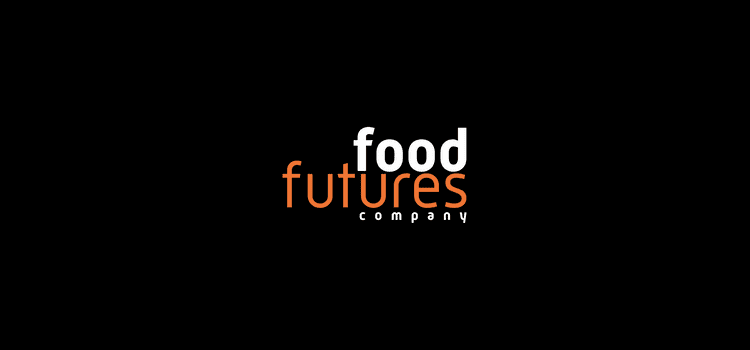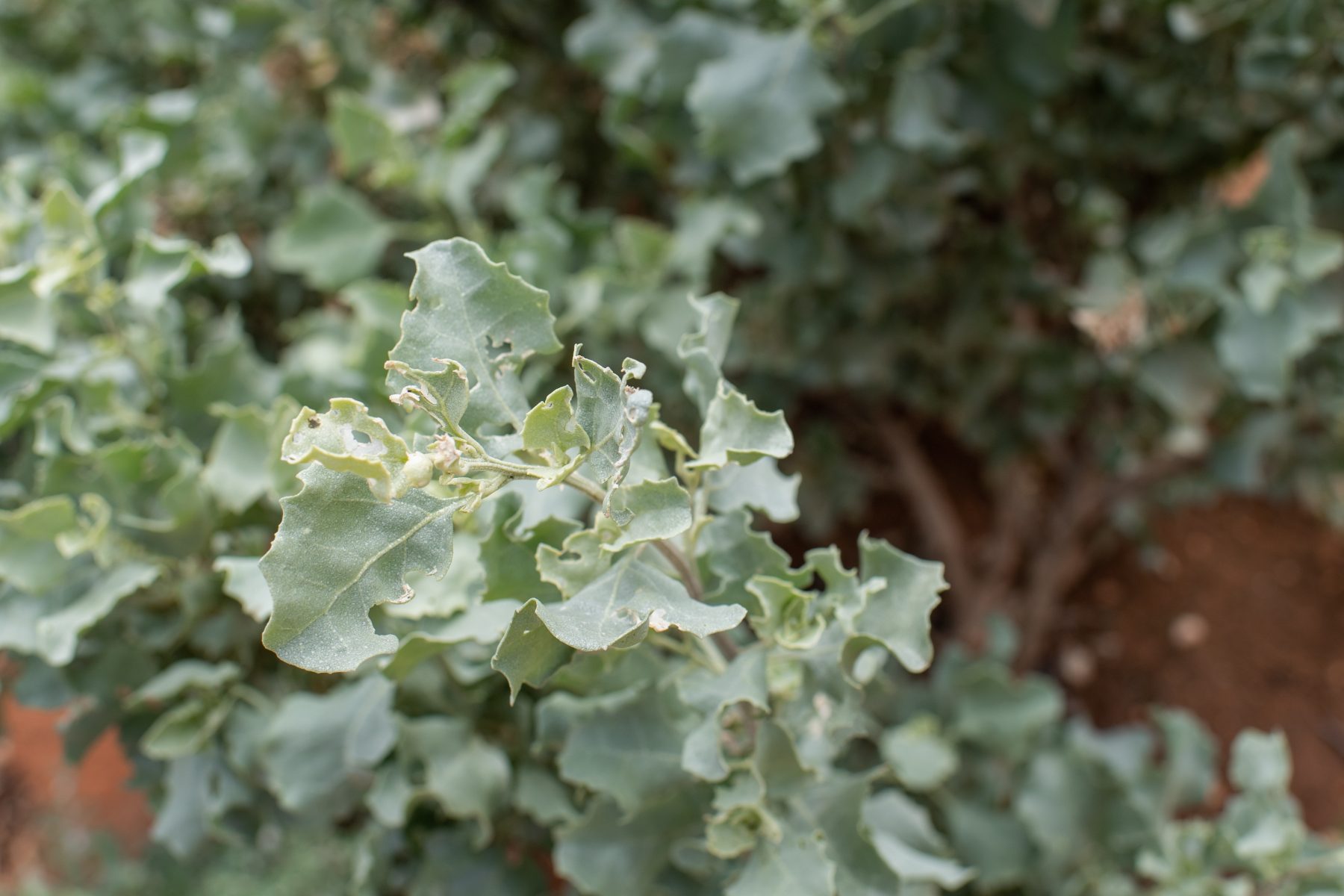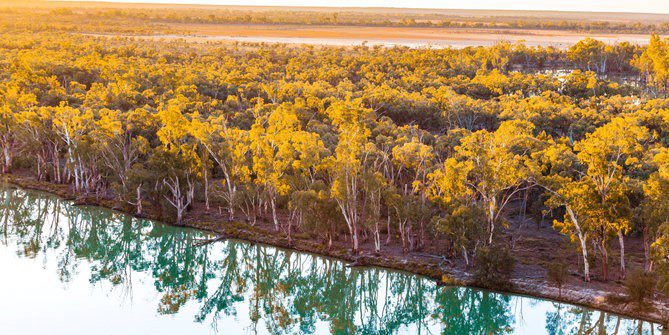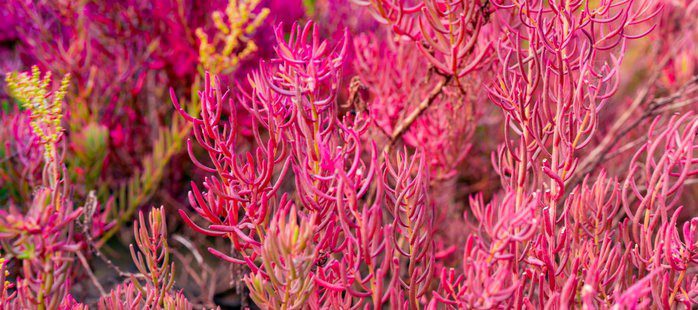
Dear readers,
Thank you for your wonderful response to our first newsletter. It’s great to be in contact and we look forward to bringing you more news from the project as it unfolds. In this newsletter, we’ll be introducing you to our 2025 goals, our Riverland SA hub and sharing stories and inspiration from the mentors and amazing people that we’re working with.
We encourage you to spread the word and send this newsletter on to anyone that you think might be interested or would like to subscribe – more on that below.
Thank you for your support!

In our previous newsletter, we outlined our mission. It motivates us and keeps us going, with the knowledge that the Australian native agriculture + food industry has the potential to deliver significant economic, social, cultural, environmental and health outcomes. This will benefit Indigenous and non-Indigenous Australians, regional and remote communities, industry participants and Australia’s agricultural system as a whole.

As part of our upcoming newsletters, we will be featuring our regional hubs and giving you the inside scoop on the day to day operations of each hub, their projects and the people that make it all happen. In this newsletter, we’re featuring Riverland SA and introducing Dominic Smith, our Riverland hub project coordinator. Dom is a Yuin man and owner of aquaponic farm Pundi Produce. He oversees the operations and workings of the Riverland hub, ensuring that projects are developed and run with the aim of promoting lasting systemic change and appropriate community consultation.
We caught up with Dom to chat about all things Riverland and see how the projects are going.
Dom, can you give us an overview of the projects that are currently up and running in Riverland?
We currently have a Cosmetics Entrepreneur Program, where the Indigenous women that we’re working with learn about cosmetics using native plants and the ins and outs of the business of creating their own cosmetics brand. At the moment, three of the women have kickstarted the creation of their own brands. Lisa Carroll (of Native Extracts) teaches the women about the native plants, extractions and inspires them to think about what they’d like to create, and then we line them up with graphic designers to help them with aspects of branding (e.g. making stickers for product packaging). The project is really about mentoring and being led by the women; going on a journey with them to see what they’re passionate about and providing them with guidance along the way.
What do you hope the community will gain from their involvement with the Indigenous Entrepreneur & STEM Pathways Project?
I’m hoping that young women will be empowered to step outside of their comfort zone while also being able to stay in community and do what they love. I hope that there will be socioeconomic changes and that it will contribute to a circular economy that will keep building over time. It’s opening doors to supporting all women in the sector more broadly and this has the potential to impact many lives, even beyond the program participants that we’re currently working with.
What are some of the benefits and challenges to working as the project coordinator in the Riverland hub?
It’s a trial and error process, and it’s important to set up the foundations so that there’s a strong network to be able to continue to support more people. We’d love for the mentorship to be ongoing, and for the women that are currently in the program to become mentors for the next group. So the challenge is to find people who are strong enough to step outside of their comfort zone the whole way and knowing that it’s a big picture plan that will take a long time to put together. It’s amazing to see how the current program participants are growing in leaps and bounds and participating in the project while also working and juggling other life responsibilities at the same time.
What do you envision for the Central NSW hub in 5 years time?
I think that it’s important to work and walk together over the next 5 years. It’s about learning about culture as well as business and collaboration moving forward. We see it like this: it’s about helping the community to help them keep everyone fed.

We also spoke with Lisa Carroll and Ian Andrews, two of the fantastic mentors involved in the Riverland program, to learn more about their roles and experiences with mentorship and entrepreneurship. Lisa is the Managing Director and Innovator at biotech company Native Extracts, and Ian is the owner of Print DNA, a Riverland-based, award-winning design printing company.
Can you describe your involvement with the project?
Lisa: I am excited and honoured to be asked to be involved in this project. My role in the project will be to support the mentees in developing their brand and how their ideas can be translated into an exciting, finished product. I will help then choose their natural ingredient heroes, product profile, and connect them to leading contract manufacturers for formulation and production. I will also connect them to regulatory consultants, so they learn more about label conventions, and product registrations etc. Through the work of my company Native Extracts, in which we built an unprecedented library of information on Australian native plant profiles that we share publicly, our mentees will have the ability to use ingredients that will connect to country, culture, and new markets for Indigenous growers to participate in.
Ian: We were thrilled to be asked to help with this new project, helping the young women to develop their unique branding and building the story to promote and release their products. We will be supplying all design and labelling and assisting in the mentoring and encouragement of these new ‘entrepreneurs’ and the science of business.
How does the mentorship process work in this project and what do you hope the impact of the mentorship will be?
Lisa: The program will provide resources and support including entrepreneurship programs, business and marketing skills, product development partnerships, and industry connections to ensure the mentees’ success in creating and launching Indigenous skincare products that will evolve into strong brands with new stories to tell. I anticipate this program will be a launch pad for more new Indigenous skincare and wellness brands, which will bring a new dimension to what Australian Cosmetics means. There is already interest across the nation, and these mentees will inspire their peers and community. We need more women in science and the cosmetic industry offers a range of exciting career paths for women in STEM – this program could offer inspiration for young Indigenous women to pursue tertiary studies in this field, where they can apply the science with their cultural knowledge.
Ian: I hope that the young women will grow to trust us and appreciate that we are here to help with their individual success in business but also their self-esteem and community respect.
What are the best parts of working on this project?
Lisa: Working with our supply partners like Dominic Smith, Pundi Produce, and collaborating on our shared passion to create opportunities for people, conscious environmental practices and changes to socio-economic outcomes in community, and being part of a program that has the ability to be a catalyst for change. I’m excited to see a movement of Indigenous owned skincare brands emerging to bring new narrative and dimension to the industry. This project is a first in the Australian cosmetic industry, and it is an honour to be able to collaborate and share my knowledge with what will be our future, the next generation that will shape our world, the stories they want to share, and the changes they want to champion. This project is about their creativity, their mission, and values they want to encapsulate in their brand and products, that is a place for growth, discovery and self-determination.
Ian: The best parts of the project are two fold:
Why do you think mentorship and entrepreneurship are important in this context?
Lisa: This program will create strong foundations for successful and valuable businesses, employment, and improving socio-economic outcomes in community and individually. It will promote inclusion and opportunities for remote communities. I believe this project is important to build a greater representation of Indigenous owned skincare brands championing what is globally recognised as the Australian Beauty (A-Beauty) Trend. It will be a global platform to showcase powerful Indigenous entrepreneurship, products presented in new ways with connection to country and culture, new stories.
Ian: Mentorship helps build momentum. It helps overcome fear of the unknown. Mentorship is about encouragement but also about accountability and support. I’m looking forward to emails and phone calls from them as individuals, as well as working with the group. I’m so excited, this is such a unique project. There has never been a better time to start new ventures and the big picture of this project is epic!